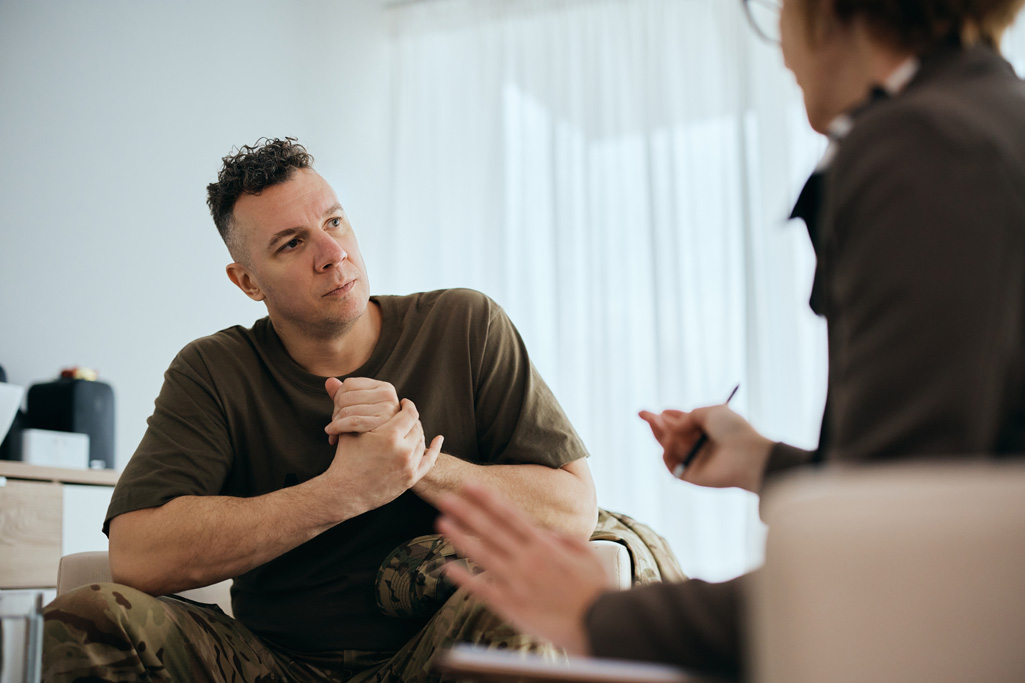May is Mental Health Awareness Month, a time for self-care, education and making a more conscious effort to prioritize mental health for all.
According to the American Psychological Association, 50% of people ages 18 to 34 and 45% of people ages 35 to 44 reported having a mental illness in 2023—some of the highest rates on record.
But even for those who don’t have a mental illness, taking care of your mental health is important way to boost your mood and well-being, as well as help guide your physical fitness. Here are some good tips for your mental health this month.
Practice Mindfulness
Mindfulness is the ability to be fully present of where are you and what you are feeling. Between work, school, family, relationships and more, it can be easy to forget to check in with ourselves and become overwhelmed by the circumstances of life. Take a little bit of time each day to perform breathing exercises, meditation or daily check ins with yourself. These techniques can ease stress and anxiety and can make a big difference in your overall mental wellbeing.
Connect with Others
Studies show that people who feel connected to others are less likely to feel anxiety or sadness, and often feel increased happiness. Make the conscious effort to partake in outings, activities or even phone calls with the people you love and trust in your life. These encounters will boost your mood, improve your relationships and can even create a safe space to express your feelings and struggles to a trusted individual.
Partake in Activities You Enjoy
Doing an activity you enjoy is one of the most popular forms of self-care. Even if it’s something small, try to do something that makes you happy every day. This can be as simple as taking a bath, spending time with a pet or reading a book, and as complex as volunteering or taking on a new hobby. Incorporating this bit of happiness into your life is another great way to decrease feelings of stress, anxiety and depression.
Care for Your Physical Health
Not getting enough sleep, exercise and nutrients not only affect our physical health but our mental health as well. Sleeping allows our brains to be fully alert to handle the days’ emotions and challenges, while exercise helps to relieve stress and eating nutritious foods can affect our daily mood. This doesn’t mean that you have to make drastic changes to your daily life or that your mental health will be cured by a bike ride, but incorporating more sleep, exercise and healthy foods can significantly impact your overall wellbeing.
Seek Professional Help
Stigmatizing therapy is becoming a thing of the past. Whether you’re having minimal levels of anxiety or struggling heavily with your emotions, seeking professional help is one of the best things you can do for your mental health. Professional therapists can help you understand your emotions, deconstruct traumatic events from the past and educate you on the specifics of your mental illness. There are even therapists that specialize in particular age groups, cultures, diagnoses and topics, so you can find the best person to understand your specific needs.
If you’re looking for a therapist or a mental health professional, don’t be afraid to shop around for the right fit. Not every therapist is right for every person and its important that the process is beneficial to you. Mental health professionals can be found through the Veterans Crisis Line or through the Substance Abuse and Mental Health Services Administration’s website at samhsa.gov/find-help.
Discover more articles for the veteran community here.


